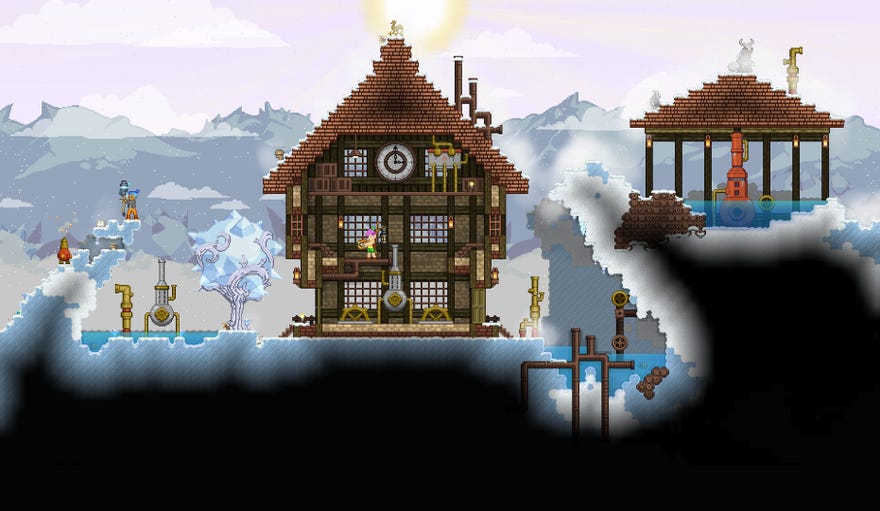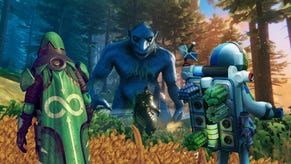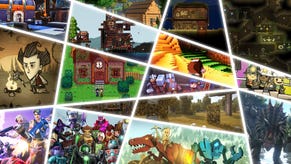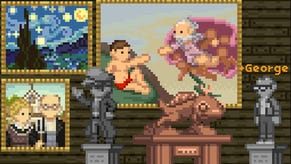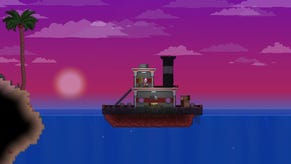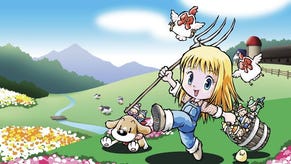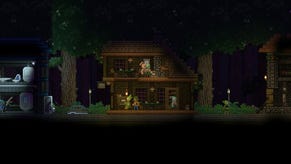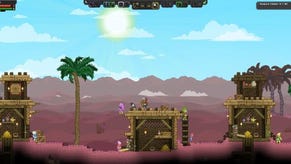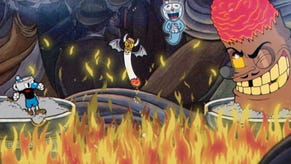Chucklefish's response to accusations of exploiting volunteer Starbound devs isn't good enough
Pay your workers
Game dev can be tricky stuff. It's easy to think of crunch as something that only bothers the big dogs - massive studios churning through their hundreds-strong workforce to get out a particularly snazzy-looking 3D rock.
Absolutely shocking, then, that indies are far from exempt from inexcusable working conditions. Starbound might have helped put Chucklefish on the map, but that may have come at the expense of convincing numerous starry-eyed young developers to give up their rights and pay.
Allegations kicked off when writer Damon Reece claimed Chucklefish took advantage of "hundreds of hours" of work without pay. Reece believes they and a number of contributors were taken advantage of by the studio, capitalising on their inexperience to access free labour.
In a statement, Chucklefish told Screen Rant that it expressed regret at the situation. They’re a different company these days, and have worked to do better since Starbound’s development.
It doesn't exactly apologise, mind.
"We're aware and saddened by the current allegations against Chucklefish regarding Starbound's early development.
"During this time both the core crew and community contributors were collaborating via a chat room and dedicated their time for free. Community contributors were under no obligation to create content, work to deadlines or put in any particular number of hours. Everyone was credited or remunerated as per their agreement.
"It's been almost a decade since Starbound's development first began, and from then Chucklefish has grown considerably into an indie studio that has a strong emphasis on good working practices, providing a welcoming environment for all employees and freelancers.
"Our doors remain open to any related parties who wish to discuss their concerns with us directly."
Listen. I've dabbled in indie dev a bit, and it's easy to get excited over a cool collaboration. But even small projects should have some sort of formal agreement in place in case, I don't know, the game turns out to be wildly successful.
Responding to Chucklefish's statement, Reece told me that they and others were led to believe that signing off IP rights was an "industry standard" practice. Contributors were allegedly tempted with permanent positions at the end of their work.
Reece also alleges that the casual, no-deadline attitude simply wasn't true: "Deadlines were absolutely in place - if not formal, then definitely heavily implied. Shame is a powerful motivator and [Chucklefish founder] Finn Brice is highly adept at using it to manipulate people."
These claims were backed up by graphic artist Rho Watson and concept artist Christine Crossley. Composer Clark Powell likewise revealed that he was pegged to do audio for Starbound, until finding out that neither he nor any of the artists or coders would be paid for the gig.
It's unclear just how many developers were allegedly exploited by the studio. Reece estimates "dozens of teenagers" signed contracts with Chucklefish, and condemned the company for not addressing the scale of the problem in their statement.
"It's hugely telling that this statement doesn't address the shockingly high number of people who've responded to me, sharing stories about how they, too, were exploited by Chucklefish. Every single one of them deserved to be treated fairly."
Make sure you're always getting paid for your work, kids.
